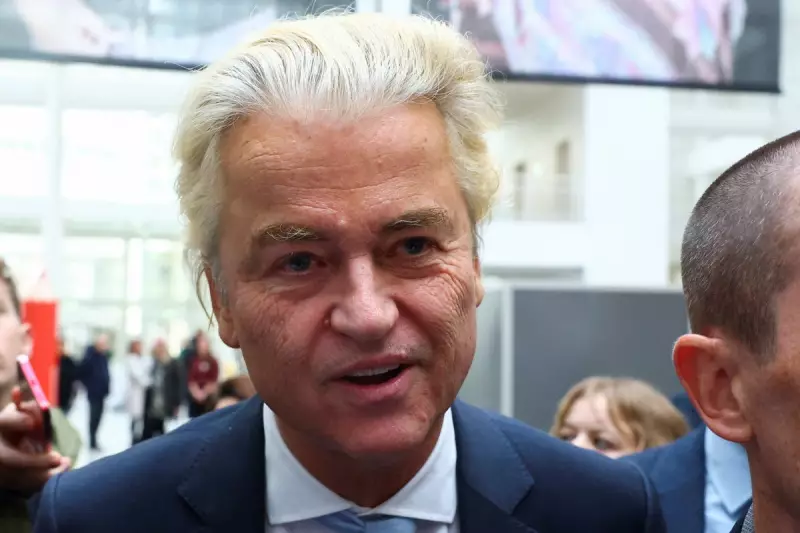
In a result that has sent shockwaves across Europe, far-right leader Geert Wilders appears poised for a stunning victory in the Dutch general elections, with exit polls suggesting his Freedom Party (PVV) has secured a decisive lead.
Political Earthquake in The Hague
The preliminary results indicate Wilders' party has captured 35 seats in the 150-member lower house of parliament, putting him in prime position to form the next governing coalition. This represents a dramatic breakthrough for a politician who has spent decades on the fringes of Dutch politics.
Anti-Islam Campaigner's Long Road
Wilders, known for his fiery anti-Islam rhetoric and promises to halt all immigration to the Netherlands, has long been a controversial figure. His signature bleached blonde mane and uncompromising stance on Islamic immigration have made him one of Europe's most recognisable populist figures.
The election outcome marks a significant shift in Dutch political dynamics, with traditional centrist parties suffering substantial losses. Frans Timmermans' Labour/Green Left combination is projected to take 25 seats, while outgoing Prime Minister Mark Rutte's People's Party for Freedom and Democracy is set to win 23.
Coalition Challenges Ahead
Despite the strong showing, Wilders faces significant hurdles in forming a government. The Dutch political system typically requires multi-party coalitions to achieve a parliamentary majority. Potential partners have historically been reluctant to work with the PVV due to its extreme positions.
- 35 seats projected for Wilders' Freedom Party (PVV)
- 25 seats for Labour/Green Left combination
- 23 seats for outgoing PM Rutte's party
- 20 seats for the centre-right NSC
"The Netherlands can't take it anymore," Wilders told cheering supporters, referencing his campaign slogan about reducing immigration. "We will make sure the Netherlands belongs to the Dutch again."
European Implications
This potential victory for Wilders represents another significant gain for far-right movements across Europe, following similar successes in Italy and Sweden. The outcome is likely to influence political debates about immigration and national identity throughout the continent.
The final official results are expected to be confirmed in the coming days, with coalition negotiations likely to extend for weeks as political leaders navigate this new political landscape.





